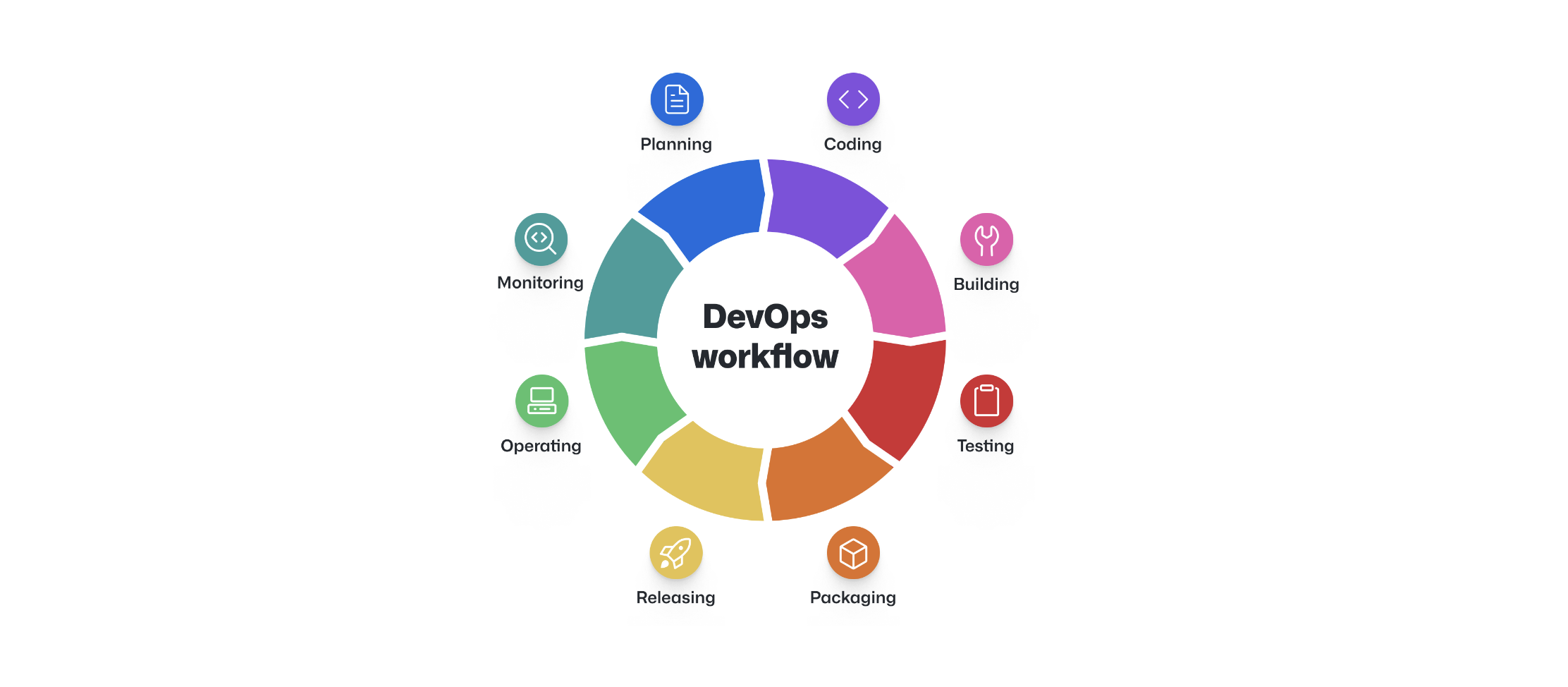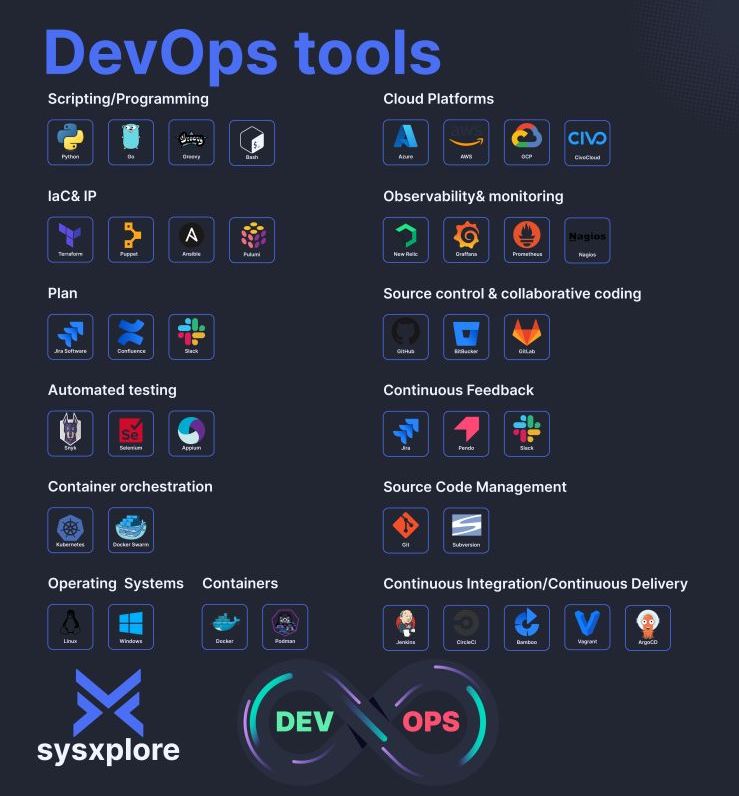DevOps - Basics

What is DevOps?
DevOps is a software methodology and IT culture that combines software development and IT operations to streamline software and services delivery. The objective is to build software more efficiently and harness automation as much as possible to drive faster deployment of higher-quality software. The overall goal is to make system changes easier and rely on continuous improvement instead of massive improvement initiatives.
DevOps emphasizes enhanced collaboration and communication between different teams, including developers, operations staff, quality assurance (QA) professionals, and security specialists. These teams use automation tools to accelerate and standardize the development process and employ CI/CD techniques to test, integrate, and deploy software changes as quickly and reliably as possible.
What Problems Does DevOps Solve?
Legacy software development practices, such as waterfall, are typically slow and can cause conflicts between developers and operations teams. Prior to DevOps, the development team would already be working on a new project by the time operations completed QA and security checks. Organizational silos between development and operations discouraged collaboration to fix issues, instead promoting finger-pointing. This frustrated business clients and other stakeholders who were impatiently waiting for an application to move into production.
DevOps also solves the testing issue in traditional development environments. Without rigorous testing, software bugs can go undetected, leading to unplanned downtime of critical production systems, user frustration, and even lost revenue. With CI/CD, DevOps implements testing earlier, avoiding the last-minute rush to test quickly and push apps out the door.
Security is another critical issue. DevOps incorporates continuous security audits as an integral part of the development process to identify and address vulnerabilities before bad actors exploit them.
Benefits of DevOps
Some advantages of a DevOps culture include:
- Faster time to market: DevOps enables organizations to bring new products and features to production faster through a streamlined development process and by eliminating bottlenecks.
- Improved collaboration: Teams working together helps to reduce silos and improve communication across the organization.
- Better quality: With testing and deployment automation, DevOps can reduce the number of errors and improve the overall quality of the software.
- Increased efficiency: Automation aids velocity by reducing repetitive tasks and manual intervention.
- Greater scalability: DevOps provides a framework to build scalable and resilient software capable of supporting rapidly growing businesses.
